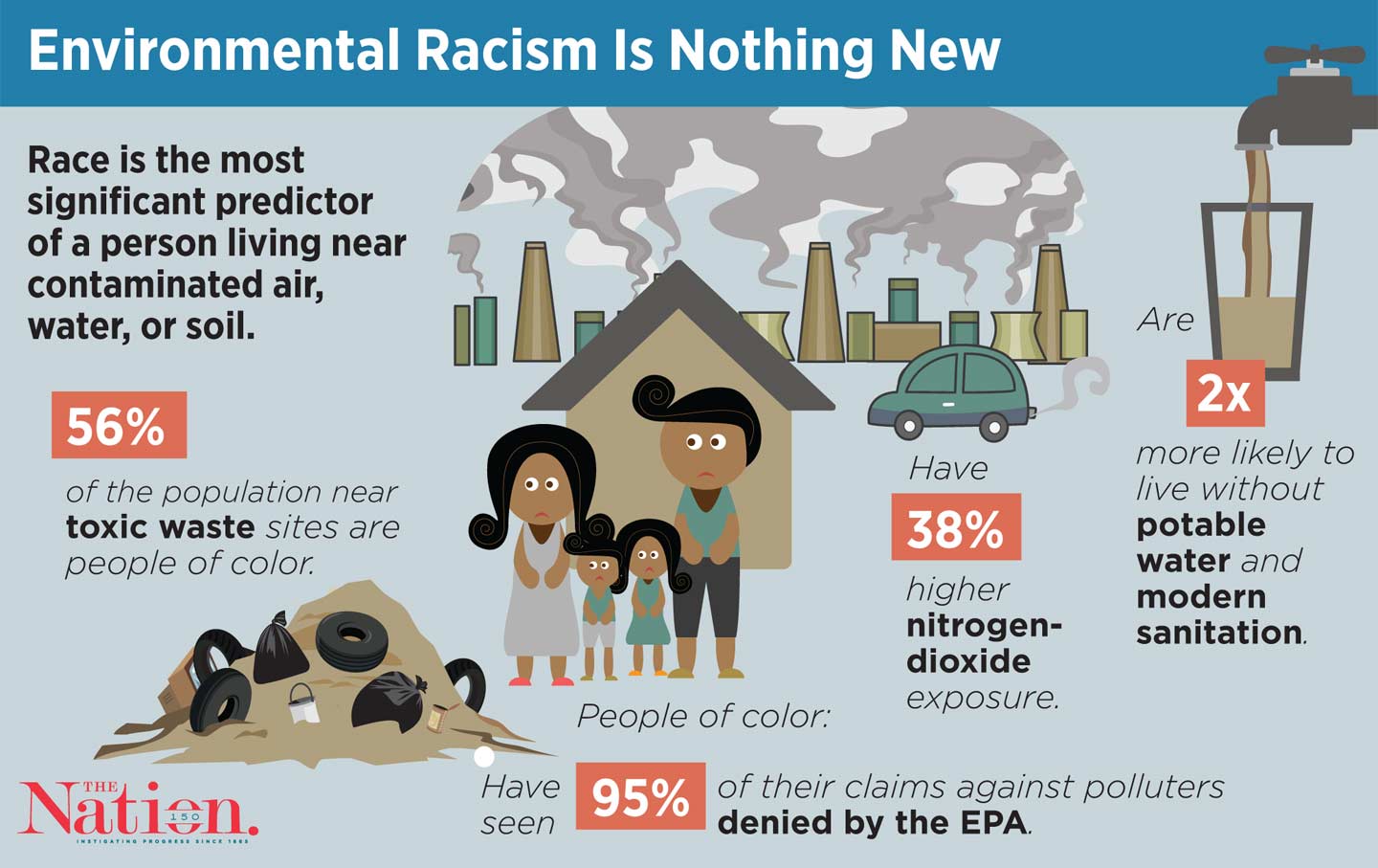American Experience presents a virtual PAST FORWARD conversation exploring access, availability and conflicts around clean water in the United States. This conversation is inspired in part by their film, Flood in the Desert. Panelists will discuss how our historical water policies led to inequity, who should get to decide how water is used, the intense conflicts over water already brewing, and how we can move forward with more sustainable strategies before we run out of our most precious natural resource.

 Source: Tracey Loeffelholz Dunn, The Nation. Shutterstock images from Lorelyn Medina, Agusto Cabral
Source: Tracey Loeffelholz Dunn, The Nation. Shutterstock images from Lorelyn Medina, Agusto Cabral